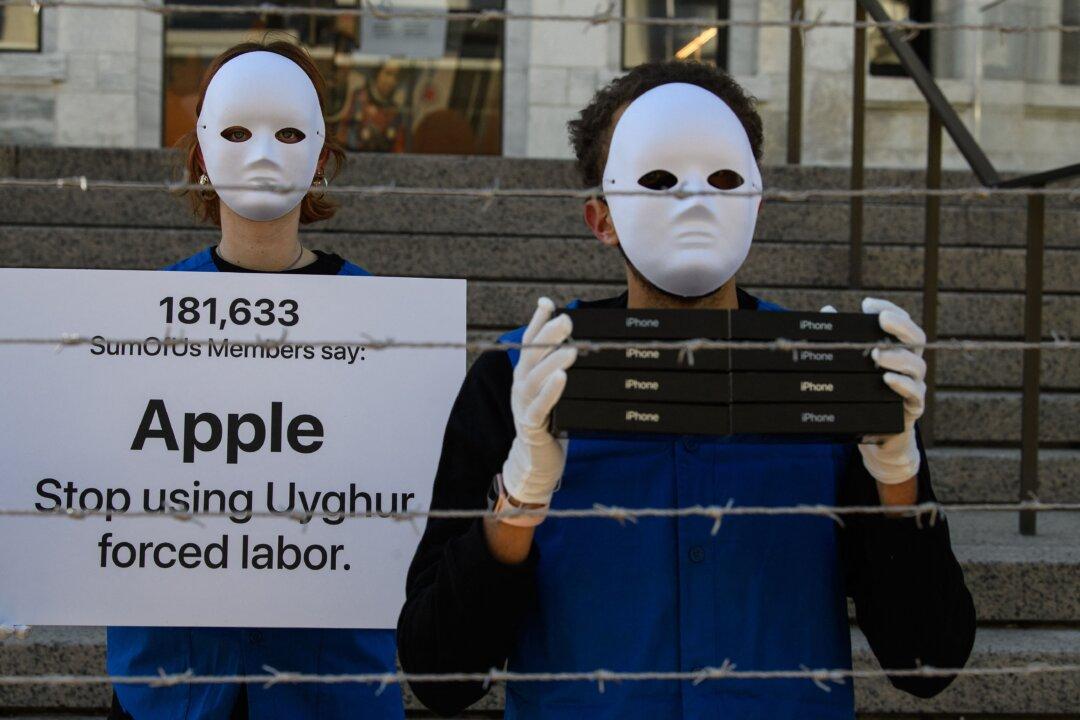Commentary
The history of Apple’s success is so inextricably linked to China that we should start thinking of it as a Chinese rather than an American company.

The history of Apple’s success is so inextricably linked to China that we should start thinking of it as a Chinese rather than an American company.